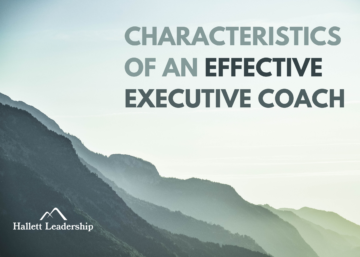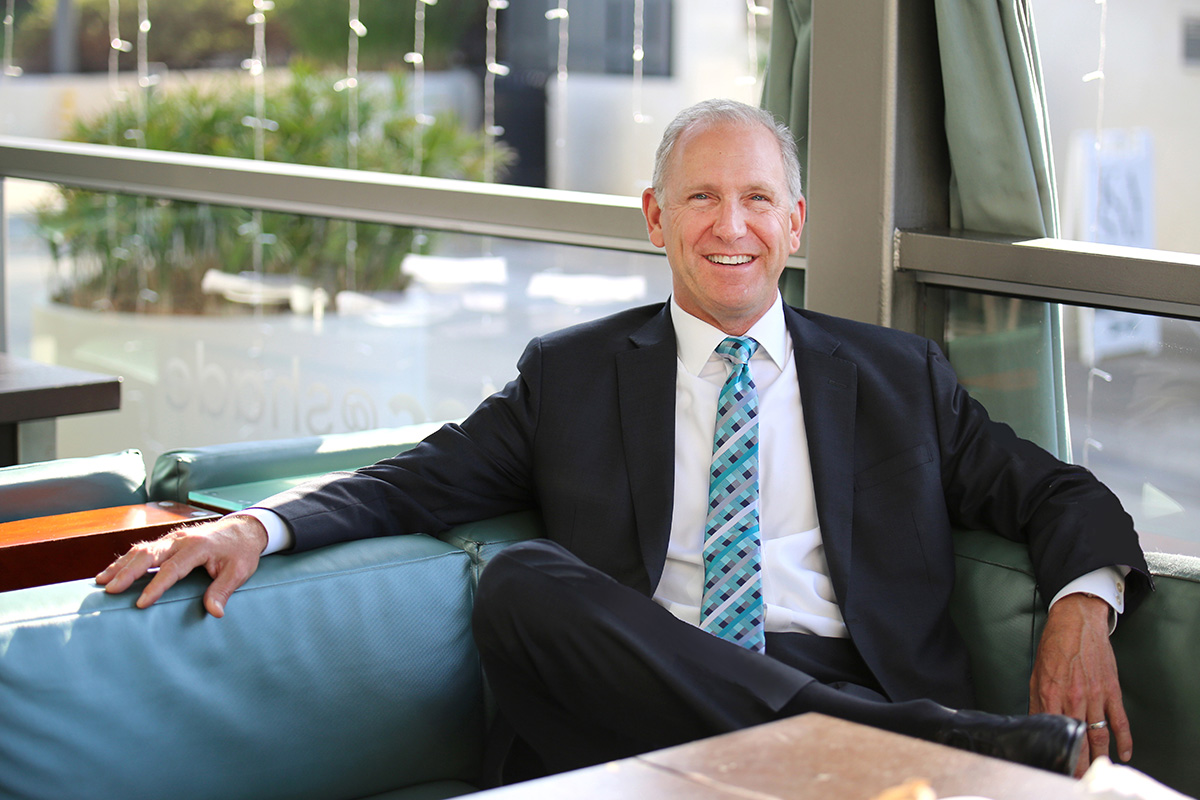Executive coaches abound these days, and the companies or individuals that hire them usually come to the table with some understanding of what coaching entails, what to expect, and what the commitment of time and resource will be. Nonetheless, we know there are individuals out there in the process of researching whether or not coaching is the right fit for them or someone else in their organization. For their sake, we thought it worthwhile to publish a sincere response to the question: “What does an executive coach actually do?”
Coaches do not all come from academia or lifelong consulting, but from a diversity of professional backgrounds. There isn’t necessarily a linear way of assessing one coach over another. The basis of a successful coaching engagement is the skill of the coach in question, and the client-coach relationship.
Despite the variety of coaching backgrounds, and approaches to the coaching itself, here are few things that effective executive coaches commonly do to elicit results in their clients:
Facilitate Development of Self Awareness
It is well-known that business leaders with accurate awareness of their own strengths, habits, tendencies, and growth areas do better in their careers. Their companies also do better.
Executives who are self-aware and willing to express themselves openly to their peers and employees are more effective at rallying people and leading them.
Executive Coaches commonly gather feedback on their client’s strengths and improvement areas from their managers, peers, co-workers and staff, and present that feedback to the client within structured sessions. This is usually done as part of a process of helping the executive become aware of blind spots, and anything they have been doing, or perceptions of themselves they have been unconsciously encouraging, that are not helping them toward their desired outcomes.
Support Cultivation of Empathy
In a company, a self aware executive who also has empathy for others and understanding of others can produce better relationships – which leads to workplaces with higher morale and more efficient collaboration. This can also inspire loyalty – incredibly valuable currency to an executive during times of challenge or stress.
There is a corollary to empathy, which is that it is very useful in helping an executive navigate the political terrain of an organization. Empathy enables him or her to perceive information about relationships or the present situation at a deeper level – leading to a better grasp of what is going on around them, and how they or their department could be affected.
Of course, there are approaches other than empathy to navigate the political terrain in a company, and they are as old as time (a fellow named Machiavelli wrote something about it a few years back.)
We find that empathy is just as effective in helping someone understand their social environment, while at the same time giving them the greatest chance of responding from the high-road, and with a win-win spirit.
Inspiring & Empowering The Team
An effective coach will support their client in inspiring and rallying their people around a common vision. We write much about establishing a common vision at Hallett Leadership, and we will continue to do so, because it is central to transforming careers and companies into places where high-performance leadership is the norm.
Some executives, promoted from middle management, bring to their work a spirit of “I’ll just do it myself – these folks around me can’t keep up.”
Unfortunately, “do it myself” – while a very useful attitude for certain individual performers – has drastically diminishing returns in the C-Suite. An effective coach will help their client shift their orientation from “completing the task” to “getting results through people.”
For clients to get results through people, it can be as easy as learning from the experience of being coached, and then using those same coaching techniques to empower their team.
Conclusion
We hope this article has provided a very basic framework to understand what an effective executive coach can do for a client, or for an organization with multiple individuals receiving coaching concurrently. If you are interested in exploring the possibility of coaching, feel free to get in touch to connect about what you are seeking to accomplish over the next year.





